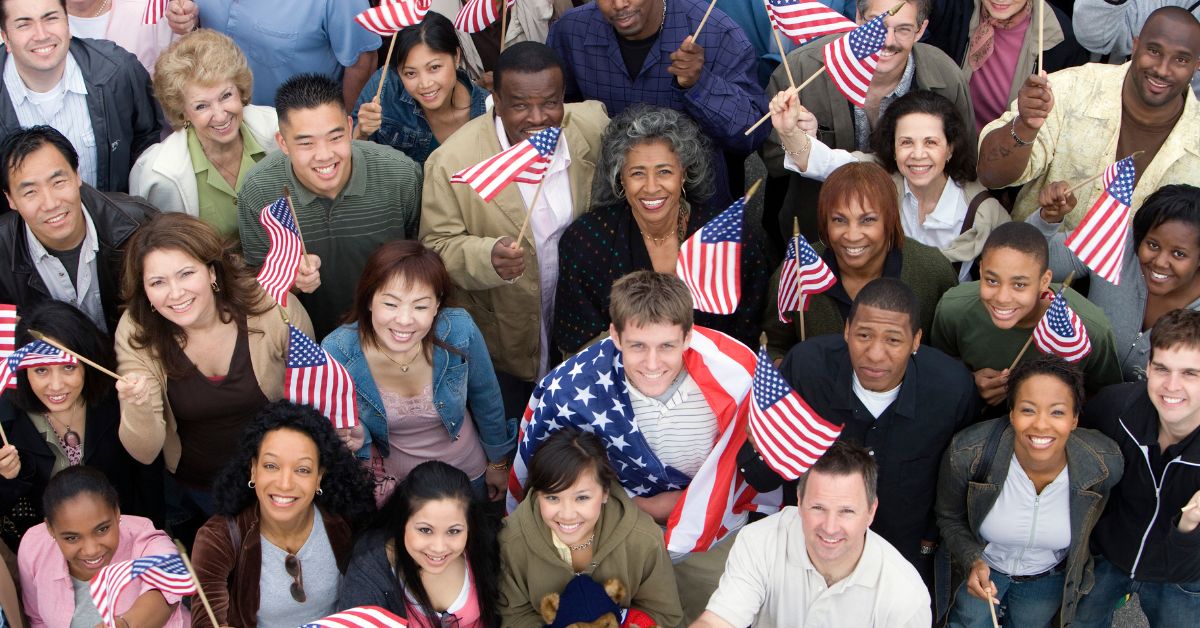
18 Jul How The ‘Average’ American Sees It
ESPN should be more sincere about the message it uses to intro its own award show. More sponsors should leverage their support for gender equity. More female athletes should find their voices, and proclaim their 51 percent representation.
The Ad Council’s video, “We Are America/Love Has No Labels” featuring John Cena, had already gone viral weeks before the sports world’s equivalent of the Emmy’s aired live. The ESPYs opened with the full version of the PSA, championing a sentiment of patriotic unity and equal value for all Americans, in the wake of the tragic events of Orlando, Baton Rouge, St. Paul and Dallas.
The video set the stage for sentiments and political expressions made by several athletes who addressed the audience, keeping those in attendance and television viewers across the country focused on the role sports and athletes do, can and sometimes choose to play when influencing social consciousness. To his credit, Cena spoke with the “I am everyman” credibility reminiscent of frontline leaders of social justice causes decades ago, the kind of credibility a team of forensic scientists would not be able to find amongst our political leaders today.
Cena’s message was moving and salient on many points, particularly as it progressed to his “close your eyes for a second” challenge, when viewers were asked to picture the average U.S. citizen. As he began to reconcile the “average” image being conjured in the average mind, Cena speculated:
“So, the chances are the person you’re picturing right now looks a little different to the real average American.”
He went on to deliver statistics about America’s citizen profile, facts I am sure were surprising to some: 54 million Americans are Latino; 40 million are senior citizens; 27 million are disabled;18 million are Asian; 9 million are lesbian, gay, bi or transgender — more than the entire population of the state of Virginia (and 40 other states, as well). How many sitting in the Microsoft Theater and around their television sets knew that almost half the country belongs to minority groups? I have a daughter who is a standout at Ultimate Frisbee, but I had no idea that 5.1 million Americans play it.
One demographic statistic Cena stated was lost on the reality of the evening, an inequitable irony given that it was the first statistic he offered:
“There are 319 million U.S. citizens; 51 percent are female. So, first off, the average American is a woman. Cool, huh? Is that what you pictured?”



